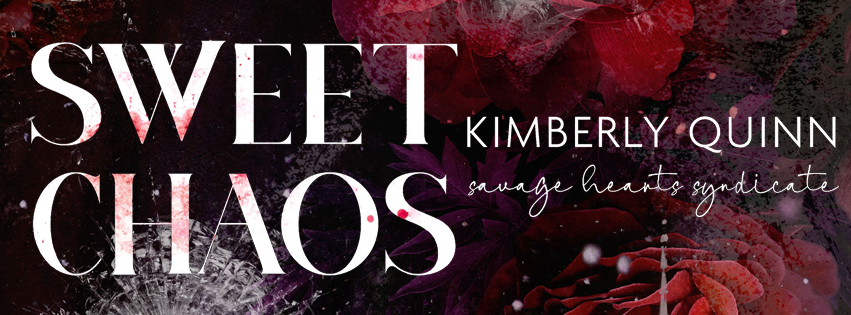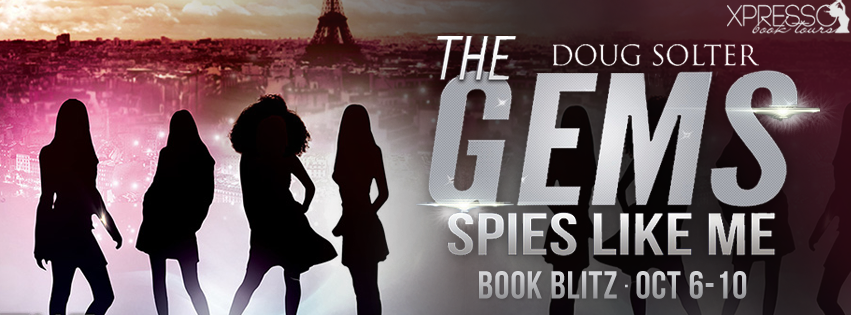A Guide to Teaching Kids Relaxation, Regulation, and Coping Techniques
Nonfiction; Education; Psychology; Child Development
Release Day: December 7, 2020
Publisher: Whole Child Counseling
Help children develop healthy coping skills with this brilliant 12-week plan.
Are you an educator or mental health professional searching for guidance? Do you want to discover a powerful all-in-one program for helping kids manage their anxiety, regulate their emotions, and cope with their feelings? Then Skills for Big Feelings is the book for you!
Inside this heartfelt, comprehensive guide, you’ll join School Adjustment Counselor and Licensed Mental Health Counselor Casey O'Brien Martin as she reveals a powerful, practical framework to help children cope with anxiety, overcome stress, and learn to thrive. Built on a selection of proven cognitive behavioral techniques, breathing exercises, and mindfulness, as well as engaging activities including stretching, gratitude, visualization and positive self-talk, Skills for Big Feelings seeks to empower kids to embrace their emotional growth over the course of a comprehensive 12-week plan.
With over a dozen activities including accepting mistakes, identifying support systems, acknowledging triggers and much more, this complete guide provides educators and professionals alike with a detailed, objective-based framework for promoting optimal social-emotional health.
Interview with Casey O’Brien Martin
What was the hardest scene from your book to write?
The hardest part of the book to write was the section where I write down my own personal reasons for writing the book. The book is a curriculum guide for kids, so I wasn’t sure how much of my own personal story I should include in there. I did think it was important to briefly discuss my WHY for writing the book.
Why did you choose to write in your particular field or genre?
When I was a child, I wanted to be an artist. I can draw but my art is not prolific. When I was a teen, I learned of the field of art therapy and decided I would be an art therapist because I was also interested in helping people. I’ve been working in the schools since 2007. My book is about the social-emotional learning program I developed through my work with kids in schools. When I first started creating this program, it was to serve my own students. I later realized how helpful it would be if I could publish it as a book to be able to reach and help more kids.
What did you enjoy most about writing this book?
The thing I enjoyed most about writing this book was giving the early stages of the manuscript to other teachers, counselors, and social workers to beta-test it for me with their own students. That was really valuable part of the process!
What book that you have read has most influenced your life?
The Four Agreements by Don Miguel Ruiz is such a quick read but has been a super powerful book in my life. I have read it numerous times over the years. Miguel Ruiz writes of ancient Toltec wisdom and the concepts are still so relevant to our modern lives.
Tell us a little about yourself? Perhaps something not many people know?
I’m a life-long learner. I always have new topics that I am interested in and love to research and learn about. For the past several years I have studied herbs and aromatherapy.
Can you tell us something about your book that is not in the summary?
Each of the 12 sessions include family handouts to help extend the social-emotional learning at home. Here are some activities from week one of the family resource to help expand a child’s emotional vocabulary:
Write down a big list of feeling words together.
Make a face and body posture that matches each feeling.
Create a noise to match each feeling.
Create “emotional thermometers” for different feeling states and discuss what would make the “temperature” of a feeling change (e.g., from fine to a little annoyed to disappointed to frustrated to mad to angry to furious to enraged).
When reading books or watching a movie, pause and ask what your child thinks certain characters are feeling and why they may be feeling that way. Discuss how body language and facial expressions give you clues to other people’s feelings.
Play emotions charades (i.e., take turns acting out a feeling nonverbally and guessing the feeling).
Talk about your own feelings in an appropriate manner. Remember some topics may not be appropriate for children, so be sure to use good boundaries when practicing this.
Casey O’Brien Martin, LMHC, REAT, RN is a School Adjustment Counselor, Licensed Mental Health Counselor, Registered Expressive Arts Therapist, and a Registered Nurse with a passion for helping children develop healthy coping skills and grow into confident, happy individuals.
Casey draws on her unique skillsets and interest to create mind-body programs designed to promote holistic wellbeing and emotional regulation in children of all ages, helping them to achieve their highest potential. She believes that teaching kids how to cope with anxiety and understand their feelings is an essential part of their personal growth, and she’s honored to be a part of this invaluable process.
Casey graduated from Lesley University, where she currently serves as an Adjunct Faculty Member in the Graduate School of Arts and Social Sciences. For more information, visit www.wholechildcounseling.com.
Contact Links
Purchase Link























































0 comments:
Post a Comment